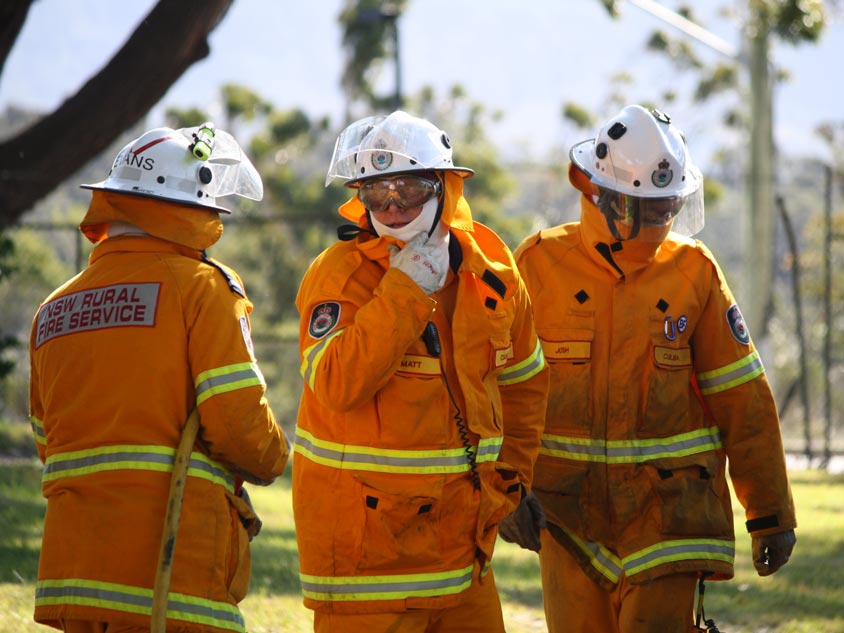
Find out if Emergency Services Workers’ health needs have changed in 2025
What was Police Health Limited's most expensive hospital episode across the 2024-25 financial year? Find out that and more here.

The 7 health checks you should think about for your children
From newborns to teenagers, there is a range of health checks that health experts recommend. See what they are and when you should think about them.

Aged 50 or over? Here are 6 health checks you should do
Reaching the half century is an important milestone to celebrate, but there are extra risks to your health you should be aware of.

8 key health checks you need if you're aged 40-50
You may be juggling caring for children, your parents, or both, but it's important to check on your own health too.

Don't pay for glasses with our No Gap Glasses offer
Emergency Services Health members can now choose glasses from OPSM and Laubman & Pank's $199 or less range and not pay a gap*.

8 vital health checks you need after you turn 20
Read our guide that talks about some of the most crucial health checks and tests.

Health checks by age groups
From newborns to retirees, there's many health checks you can do to look after yourself.


Does Emergency Services Health cover gym memberships?
It's one of the most common questions for health insurers like Emergency Services Health.
